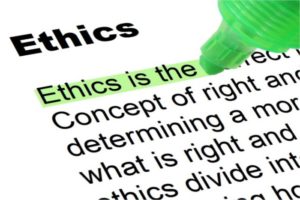 Find the codes of ethic for your profession. For instance, an electrical engineer would focus on the IEEE Code of Ethics, and a biologist might focus on the Code of Ethics for the Society for Conservation Biology. Once you identify the principles for your field, consider the following questions:
Find the codes of ethic for your profession. For instance, an electrical engineer would focus on the IEEE Code of Ethics, and a biologist might focus on the Code of Ethics for the Society for Conservation Biology. Once you identify the principles for your field, consider the following questions:
- Where do you find principles explicitly related to writing or communication in the code of ethics for your field?
- Where are connections less obvious?
- Are there ideas about writing and communication that you think they are missing?
After you analyze the code for your field, share what you have found in a comment on this post. Be sure to identify your field and link to your code, and then talk about anything interesting or surprising that you found about writing and communication in your field’s ethical code. Alternately, you can consider anything that is missing from your field’s code.
Photo credit: Ethics CC BY-SA 3.0 Nick Youngson.


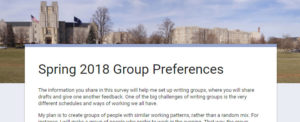 There have been some questions about the grades posted tonight for the
There have been some questions about the grades posted tonight for the  Today’s #FridayFact may seem contradictory. How can your professional bio NOT be about you? The answer is that it’s all about perspective—or to be more specific, about your reader’s perspective.
Today’s #FridayFact may seem contradictory. How can your professional bio NOT be about you? The answer is that it’s all about perspective—or to be more specific, about your reader’s perspective. 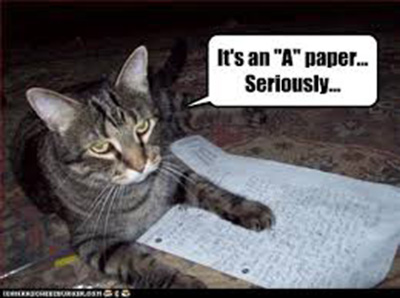 I have graded all of the 1/19 Labor Logs. In this post, I’ll comment on how you all did and what you can do if you are not happy with your grade. Please read the information carefully and note the related dates.
I have graded all of the 1/19 Labor Logs. In this post, I’ll comment on how you all did and what you can do if you are not happy with your grade. Please read the information carefully and note the related dates.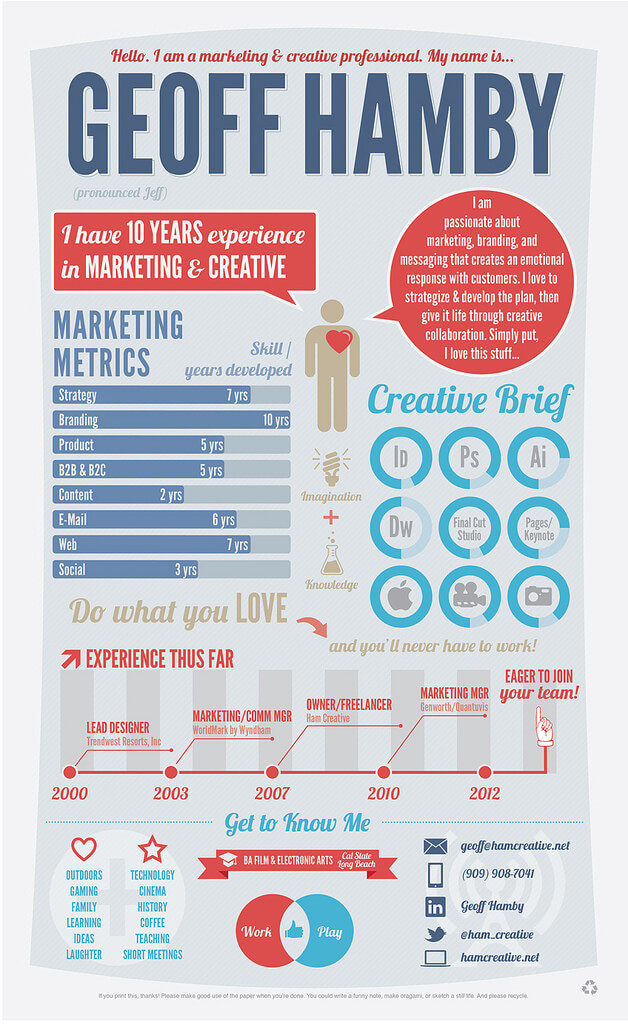
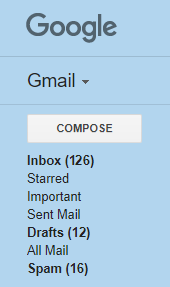 The members of your writing group need to plan and write a short report on successful strategies for the job search. Your group has had two meetings in Google Hangouts so far, after which members have emailed and Replied to All, with everyone getting lots of emails with long threads about the report.
The members of your writing group need to plan and write a short report on successful strategies for the job search. Your group has had two meetings in Google Hangouts so far, after which members have emailed and Replied to All, with everyone getting lots of emails with long threads about the report.